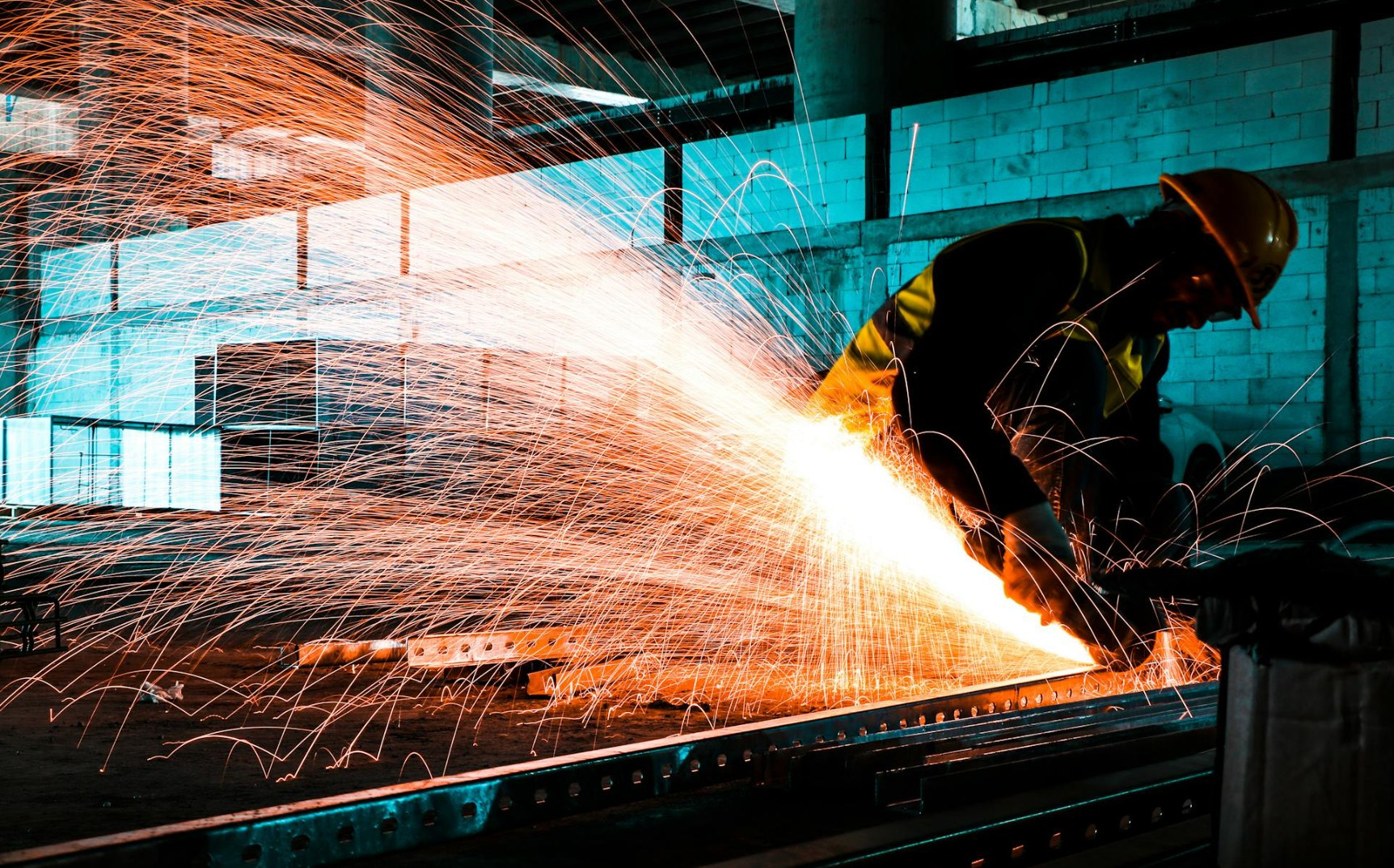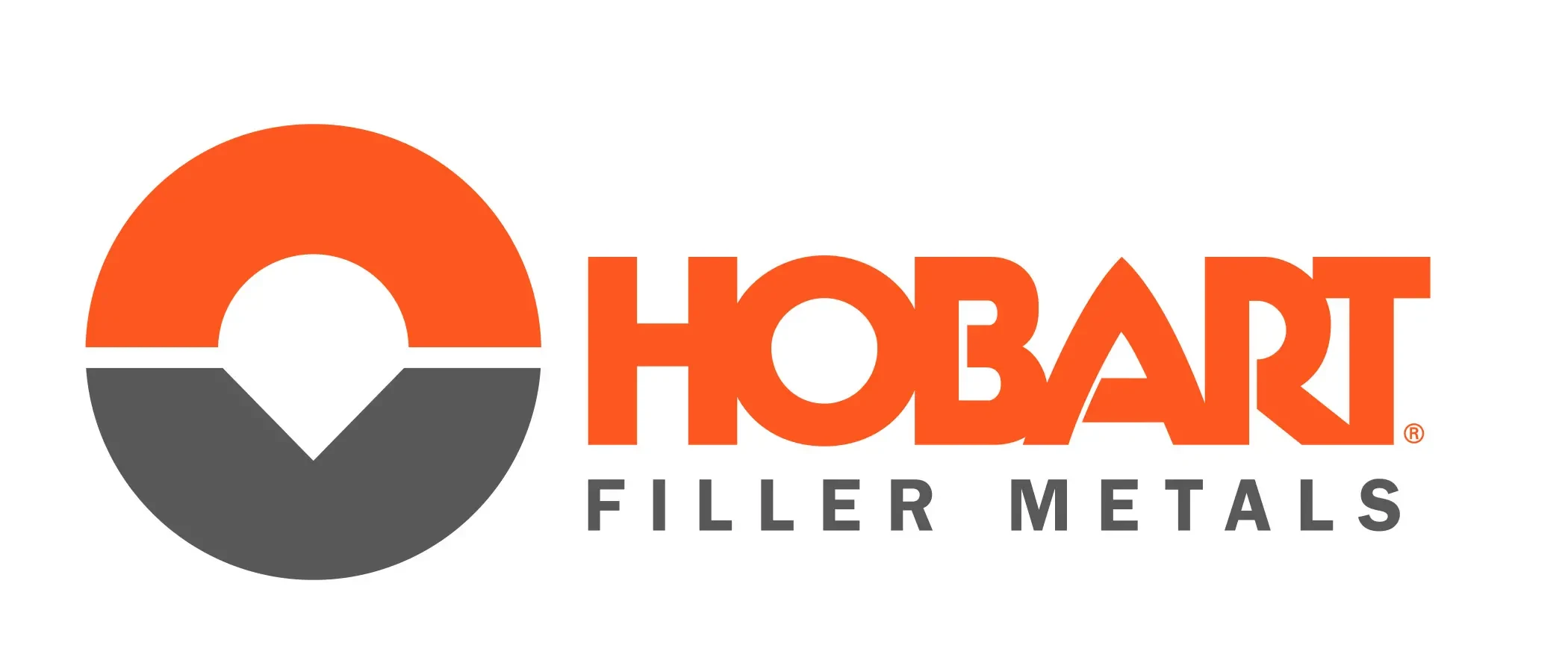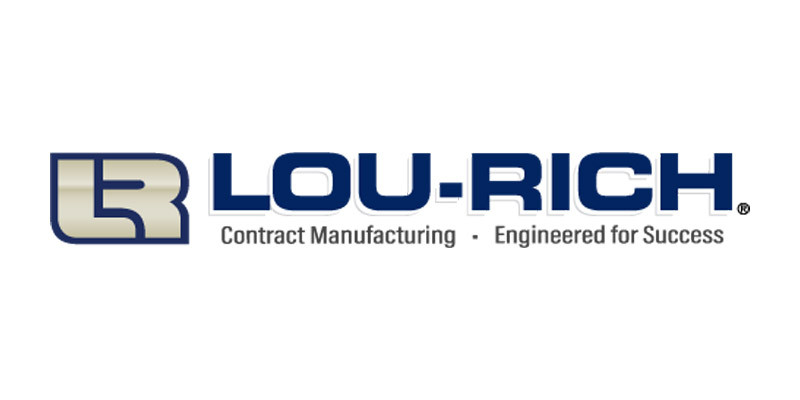Metal fabrication is a big business in the USA. Did you know the metal-fabrication business in North America was worth $4 billion in 2022? That's a lot of money! And it's going to grow even more significant. By 2031, it could be worth $6.5 billion. That means it's growing by about 5.5% each year.
The USA has all kinds of metal fabrication companies. Some are small and work in one town, while others are big and work all over the country. This article examines the best metal-making companies in the USA and sees why they're so good. 
Leading Metal Fabrication Services: America's Top Providers Ranked
O'Neal Manufacturing Services (OMS)
O'Neal Manufacturing Services, or OMS, has been in the metal business since 1921. It started in Birmingham, Alabama, and has grown to become the largest family-owned metal service company in the USA. OMS is known for making parts for big machines all over the world.
OMS does all kinds of metalwork. They shape metal, cut it, weld it, and even make tubes. They have ten extensive workshops spread across North America. This means they can help customers in many different places quickly and easily.
The company works with many different industries. They make parts for farm equipment, machines that move heavy things, construction equipment, and even stuff for clean energy. This variety keeps them up-to-date with the latest in manufacturing.
OMS is skilled at repeatedly making many of the same parts. They use multiple steps to perfect each part, making them a trusted partner for big companies that need many high-quality parts.
BTD Manufacturing
BTD Manufacturing is a top player in the metal fabrication game. They've been the number one fabricator in the US for over ten years. That's a long time to be the best! They're experts at making precise metal parts, essential for many machines.
This company does it all when it comes to metal. They can make one particular part just for you or thousands of the same part. They also make tools and can help test new ideas for metal parts. They can do that if you need your part painted or put together.
BTD keeps getting better at what they do. They're always learning new ways to work with metal. This helps them make even more fabulous stuff for their customers. They work with many industries and know how to solve all metal problems.
Their success comes from being able to change with the times. While we don't know exactly what machines they use, they stay up-to-date with the latest tech. This, plus their skills and experience, makes them a go-to choice for many businesses needing metal parts.
Capitol Iron Works
Capitol Iron Works is a rising star in the metal fabrication world. Based in Gaithersburg, Maryland, it's making waves with its top-notch welding services. It mainly serves Maryland, Washington, DC, and Northern Virginia but is unafraid to take on big projects across the USA. 
These folks are experts at creating custom metal products. They make all sorts of railings - aluminum, metal, cable, and glass. They also craft gates and fences. Whatever they make, they promise it'll be as good as you expect or even better.
Capitol Iron Works has some impressive clients. They've done work for the Architect of the Capitol, the group that manages important buildings in Washington, D.C. This shows that they can handle big, important jobs with high standards.
While they usually work within 50 miles of home, they're willing to travel for the right project. They've even sent teams as far as Kentucky. This shows they're serious about growing and keeping their customers happy, no matter where the job is.
Mayville Engineering Company (MEC)
Mayville Engineering Company, or MEC, has made metal parts since 1945. Over the years, they've grown bigger by improving their skills and buying other companies. This has helped them become a one-stop shop for many manufacturing needs.
MEC makes parts for all sorts of things. They work with companies that make big trucks, construction equipment, and even fun vehicles like ATVs. This shows they can handle many different types of projects. They do everything from making prototypes (test versions) to producing the final product.
One thing that makes MEC unique is how they think about the future. They're always trying to develop new ideas and better ways to make things. This helps them stay ahead in the metal fabrication world. It also means they can help their customers today and in future years.
MEC offers many services all in one place. They can design parts, make tools, produce, paint, and assemble them. This makes life easier for their customers, who don't have to go to different companies for each step of making their product.
Marmen Inc.
Marmen Inc. is a big name in metal fabrication. They're known for working with major companies to make large metal structures. One of their claims to fame is being one of the largest makers of wind towers in North America. This shows that they can handle really big projects.
While Marmen is famous for wind towers, they also work in many other areas. This variety helps them stay strong even when one industry is struggling. They can make all sorts of metal parts, big and small. Whether cutting, shaping, or putting things together, Marmen knows how to do it.
Marmen is especially skilled at working in the green energy field. Their experience with wind towers puts them in a good position as more people look for clean energy options. But they also use these same skills to help in other industries.
The company is known for taking on complex projects. It has the tools and know-how to make difficult parts that other companies might struggle with. This makes it a valuable partner for businesses that need special or hard-to-make metal components.
Hobart Filler Metals
Hobart Filler Metals, a part of Hobart Brothers LLC, is a critical player in the welding industry. They focus on aluminum and carbon steel welding in Troy, Ohio. They're not just about making welding materials but about making welding easier and better. 
This company offers a wide range of products for MIG and TIG welding, two common types of welding used by many industries. What makes Hobart unique is that its products help reduce "arc-off" time. This means welders can spend more time welding and less time stopping and starting.
Hobart''s customers come from many different fields. They work with transportation companies, helping to build and repair vehicles. They also serve manufacturers who need to join metal parts together. They aim to improve "weldability"—making creating solid and reliable welds easier.
Hobart Filler Metals has become a trusted name in the industry by focusing on making welding more efficient and effective. They're constantly working to improve their products, helping welders do their jobs better and faster.
North Shore Steel
North Shore Steel is a versatile player in the metal world. They're not just about selling steel; they process it, too. This means they can turn raw steel into precisely what their customers need. They work with many types of steel, from structural steel used in buildings to special plates for specific industries.
One of North Shore Steel's strengths is its range of services. They can cut, shape, and fabricate steel to meet very specific needs. This is especially important for industries that need precise, high-quality metal parts. For example, they provide critical products for companies that make pressure vessels—special containers that hold gases or liquids under pressure.
The company serves a wide variety of industries. They work with aerospace companies, helping to build planes and spacecraft. They provide steel for the oil and gas industry, including offshore drilling. They even supply metal for solar energy projects and military equipment. This diversity shows how adaptable and skilled they are.
North Shore Steel prides itself on quality and customer satisfaction. It understands that its products are often used in demanding, high-stakes situations. That's why it focuses on delivering exactly what its customers need when they need it.
Super Steel, LLC
Super Steel, LLC is a one-stop shop for metal fabrication needs. Based in Milwaukee, Wisconsin, it offers a complete range of services under one roof. This means it can take a project from start to finish without having to outsource any part of the process.
The company's services cover three main areas: metal fabrication, coating, and assembly. They can cut, shape, and join metal in fabrication to create complex parts. Their coating services include painting and other finishes that protect metal and make it look good. Finally, they can assemble these parts into finished products.
What sets Super Steel apart is its focus on meeting customer expectations in every way. They don't just aim to make parts that work; they ensure they fit perfectly, look right, and are easy to manufacture. They also pay attention to value, helping their customers get the best product for their money.
Super Steel's approach allows them to deliver finished products directly to their customers' production lines. This saves time and hassle for their clients, who can rely on Super Steel to handle the entire manufacturing process. This comprehensive service has made Super Steel a trusted partner for many companies needing metal products.
Steel Dynamics Inc.
Steel Dynamics Inc., located in Fort Wayne, Indiana, is a powerhouse in the metal industry. It's not just a metal fabrication company; it's involved in every step of the steel-making process, including making new steel, recycling old steel, and shaping steel into useful products.
One thing that makes Steel Dynamics special is its focus on recycling. They understand that steel can be used repeatedly without losing quality. By recycling steel, they're helping to save resources and reduce waste. This commitment to sustainability sets them apart from many other companies.
Steel Dynamics serves many different industries. It makes steel for car manufacturers, helping to build safer, more efficient vehicles. It provides materials for construction projects, from small buildings to big skyscrapers. It also works with energy companies, supplying steel for everything from oil rigs to wind turbines.
The company's wide range of services and products makes it a valuable partner for many businesses. Whether a customer needs raw steel or finished parts, Steel Dynamics can help. Their combination of steel production, recycling, and fabrication allows them to offer solutions that many other companies can't match.
Major Tool & Machine
Major Tool & Machine has been steadily in the metal fabrication industry since 1946. Based in Indianapolis, Indiana, they've grown but have stayed true to their roots. Today, they have over 400 employees, all working at one location. This setup allows them to maintain tight control over quality and efficiency.
The company specializes in two main areas: structural steel fabrication and plate fabrication. Structural steel is used in buildings and large structures, while plate fabrication involves working with flat pieces of metal. This combination of skills allows Major Tool & Machine to serve various industries.
Their customer base is diverse and includes some high-tech and demanding fields. They work with aerospace companies, helping build aircraft and spacecraft components. They serve the energy and power generation sector, creating parts for power plants and renewable energy systems. They also provide services to the military and defense industry and oil and gas companies.
Major Tool & Machine's ability to handle complex projects sets it apart. It has the skills and equipment to work on large, intricate parts that many other companies can't manage. This expertise, combined with its long history and focus on quality, has made it a trusted name in metal fabrication.
Lou-Rich, Inc.

Lou-Rich, Inc. is a unique player in the metal fabrication world. Based in Albert Lea, Minnesota, this company has made a name for itself with its diverse skills and employee-owned structure. With 300 employees and $60 million in revenue in 2019, they're a significant force in the industry.
What makes Lou-Rich special is the range of industries it serves. It works on transportation, recreational vehicles, aerospace, and even forestry projects. This variety shows how versatile and adaptable it is. Lou-Rich can handle it, whether a car part or a satellite component.
One of Lou-Rich's standout features is that it's 100% employee-owned. This means every person working there has a stake in the company's success. When employees work on your project, they're not just doing a job but investing in their future. This often leads to higher-quality work and better customer service.
The company offers a wide array of services. They can help design parts for easy manufacturing, machine parts with high precision, paint with powder coat or liquid, weld and fabricate, assemble products, source materials, design and build fixtures, and even manage inventory. This comprehensive approach allows them to take on complex projects from start to finish, all under one roof.
Emerging Trends in Metal Fabrication
Adoption of Industry 4.0 Technologies
The metal fabrication industry is embracing Industry 4.0 technologies in a big way. These new tools are changing how metal parts are made, and factories run. One key technology is the Internet of Things (IoT). This lets machines talk to each other and share data. It helps spot problems before they happen and keeps production running smoothly.
Another critical technology is artificial intelligence (AI). AI can help design better parts and find the best way to make them. It can even predict when machines need maintenance. Cloud computing is also becoming more common. It allows companies to store and access data from anywhere, making working with customers and suppliers easier.
These technologies make metal fabrication faster, more accurate, and more efficient. They're helping companies make better products at lower costs.
Automation in Fabrication Processes
Robots are becoming a common sight in metal fabrication shops. They're taking on repetitive, dangerous tasks requiring high precision. For example, robots can now do welding jobs that used to take skilled human welders hours to complete. They can work nonstop and produce consistent results every time.
Automated machines are also changing how metal is cut and shaped. Computer Numerical Control (CNC) machines can follow complex patterns and create intricate parts with little human input. These machines are becoming more innovative and flexible, able to switch between different jobs quickly.
While some worry that automation will replace human workers, it's often creating new, higher-skilled jobs. Workers are needed to program, operate, and maintain these advanced machines. Automation is helping metal fabrication companies do more accurate and safe work.
Sustainable Practices
The metal fabrication industry is going green. Companies are finding ways to reduce waste, save energy, and use fewer harmful chemicals. One big trend is recycling metal scraps. Instead of throwing away leftover pieces, companies melt them down to make new parts, saving raw materials and energy.
Many fabricators are also using cleaner energy sources. Some are installing solar panels on their roofs or buying wind power. Others are upgrading to more energy-efficient machines. This helps the environment and often saves money in the long run.
Water conservation is another focus. New technologies allow companies to clean and reuse water in their processes rather than constantly using fresh water. Some are even developing "dry" processes that use very little water. These green practices are suitable for the planet and often good for business.
Customization and On-demand Projects
The trend towards customization and on-demand projects is reshaping the metal fabrication industry. Companies like Capitol Iron Works are leading the way in this area. They specialize in creating unique, custom-made metal products for each client. Whether it's a unique railing for a historic building or a one-of-a-kind gate for a private home, they can make it.
This approach requires flexibility and skilled craftsmanship. Capitol Iron Works, for example, can take a customer's idea and turn it into reality, often working from rough sketches or verbal descriptions. They might use traditional techniques and modern technology to create the perfect piece.
On-demand projects mean that companies don't make products until they're ordered. This reduces waste and allows for last-minute changes. It also means that customers can get exactly what they want when they want it. While this can be challenging for manufacturers, it's becoming increasingly important in a world where consumers expect personalized products.
Challenges Affecting the US Metal Fabrication Industry
Skilled Labor Shortage
The US metal fabrication industry faces a significant challenge in finding and retaining skilled workers. As experienced fabricators retire, there aren't enough young people entering the field to replace them. This shortage affects everything from welding to operating complex machinery.
Many factors contribute to this problem. For one, there's a perception that manufacturing jobs are dirty or low-tech. This couldn't be further from the truth in modern metal fabrication, but the image persists. Additionally, many high schools have reduced or eliminated vocational programs, limiting exposure to these career paths.
Many companies are partnering with schools and community colleges to create training programs to address this. They're also investing in apprenticeships and on-the-job training. Some are even using virtual reality to train new workers safely and efficiently.
Despite these efforts, the skilled labor shortage remains a pressing issue. It can lead to longer project times, higher costs, and a company's inability to take on new work.
Raw Material Price Fluctuations
The metal fabrication industry highly depends on raw materials, particularly steel and aluminum. Prices for these materials can be volatile and affected by factors like global demand, trade policies, and economic conditions.
When material prices spike, it can squeeze fabricators' profit margins. They may not pass all the increased costs onto their customers, especially if they're locked into long-term contracts. Conversely, when prices drop suddenly, it can devalue their existing inventory.
To manage this challenge, many companies are getting creative. Some are using financial instruments to hedge against price changes. Others are working more closely with suppliers to secure better terms or lock prices for extended periods. Many also focus on reducing waste and improving efficiency to offset cost increases.
Despite these strategies, price fluctuations remain a significant source of uncertainty in the industry. Metal fabricators must be constantly vigilant and adaptable.
Global Competition
The US metal fabrication industry faces stiff competition overseas, particularly in countries with lower labor costs. This global competition puts pressure on prices, making it difficult for US companies to win contracts, especially for simpler, high-volume parts.
However, US fabricators have several advantages. Due to their proximity and lack of language barriers, they often offer higher quality, faster turnaround times, and better communication. They're also better positioned to handle complex, custom projects requiring close customer collaboration.
To stay competitive, many US companies are focusing on these strengths. They're investing in advanced technologies to improve efficiency and quality. They also emphasize their ability to provide value-added services, like design assistance and inventory management.
Some US fabricators are finding success by targeting niche markets or specializing in industries with strict quality requirements, like aerospace or medical devices. Others are partnering with overseas companies to offer the best of both worlds - competitive pricing with US-based quality control and customer service.
While global competition remains challenging, many US metal fabricators are finding ways to thrive by emphasizing their unique strengths and adapting to changing market conditions.
Takeaway
Selecting the appropriate metal fabricator is critical to the success of any project. Capitol Iron Works combines knowledge, flexibility, and a customer-centric approach. When picking a fabricator, ensure their competencies align closely with your project needs. This comprises technical skills, capacity, turnaround time, and quality standards.
The benefits of long-term relationships in metal manufacturing cannot be emphasized. Working with a fabricator over time allows them to better grasp your requirements and operations. This can lead to increased productivity, quality, and cost-effectiveness. Capitol Iron Works, for example, fosters excellent customer relationships by constantly delivering high-quality work while adjusting to changing needs. They devote time to learning each client's
